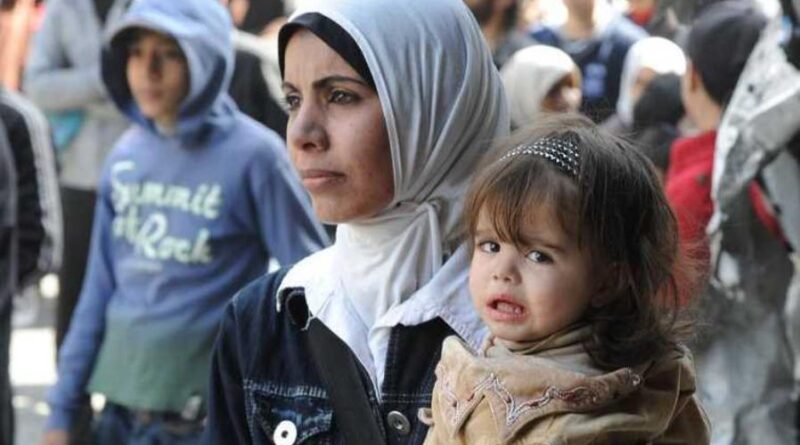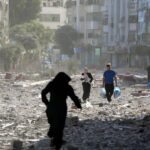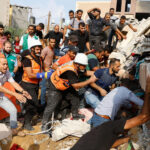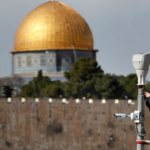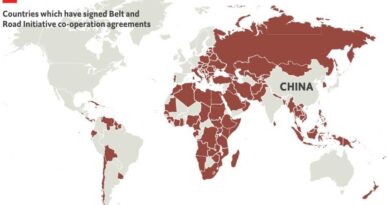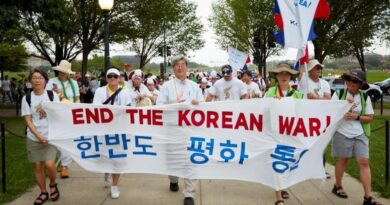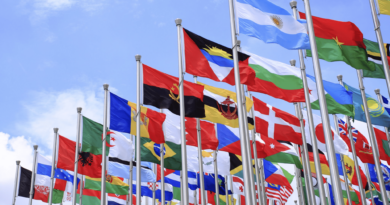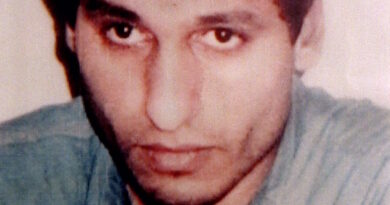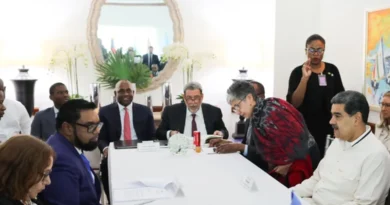Refugees for life
KHOLOUD FAQAWI
The Universal Declaration of Human Rights states that “all human beings are born free and equal in dignity and rights. Endowed as they are with reason and conscience, they must behave fraternally towards each other.”
2023 marks the 75th anniversary of the forced displacement and exile of more than 700.000 Palestinians from their homes, towns and cities during the 1948 war that culminated in the creation of the State of Israel. Since then, the *Nakba*, as Palestinians refer to it, has remained a persistent story of deprivation in the collective consciousness of Palestinians.
With more than 5,2 million registered refugees today, Palestinians constitute one of the largest refugee groups in the world. Most Palestinian refugees reside in Jordan, Lebanon, Syria and the occupied Palestinian territories, often less than 100 kilometers from their original homes and villages. The United Nations Relief and Works Agency for Palestine Refugees in the Near East (UNRWA), which operates exclusively in these countries and regions, estimates that of the more than 5,1 million Of refugees registered with the agency, more than 1,5 million live in 58 recognized refugee camps, while the rest live in cities and towns. Another 100.000 people are under the mandate of the United Nations High Commissioner for Refugees and reside in countries such as Egypt, Iraq and Libya.
“Refugees who wish to return to their homes and live in peace with their neighbors should be allowed to do so as soon as possible… and compensation should be paid for the property of those who choose not to return.”
United Nations General Assembly Resolution 194 on the situation in Palestine, December 1948.
Right of return
Palestinians who were forcibly displaced or expelled from their homes in what is now “Israel” and their descendants, who maintain essential ties to the region, have a legal right of return under international law. However, it seems unlikely that Palestinians will be able to return to their homes (many of which have already been destroyed) or their original towns and cities in the near future. Israel has never accepted the rights of the Palestinians, and they have received no compensation for their losses, with little chance of return. The vast majority of Palestinians are also unable to access resettlement, to partially alleviate their suffering, especially in places like Syria and Gaza, where their status is uncertain, and Lebanon, where they suffer systematic discrimination.
Palestinian refugees have suffered widespread displacement on multiple occasions over the past decades, and some have lost their homes more than once. In 1967, some 300.000 Palestinians were displaced after “Israel” occupied the West Bank, including East Jerusalem, the Gaza Strip and the Palestinian territories. Since then, tens of thousands of people living in the occupied Palestinian territories have been left homeless due to Israel's aggressive land confiscations, illegal Israeli settlement policies, home demolitions, and forced displacement of Palestinians. Military attacks, especially in Gaza, have made the displacement and dispossession of Palestinians, including Palestinian refugees in Jordan, Lebanon and Syria, even more precarious.
Of course, the situation in Gaza is not improving, where the recent conflict with “Israel” has added fuel to the fire of the poverty crisis. Gaza, which covers 360 square kilometers, is home to almost 2,3 million people in densely populated areas, including 1,9 million Palestinian refugees. Years of conflict and economic blockade have left 80% of the population dependent on international aid, while continued divisions among Palestinians exacerbate the humanitarian and service delivery crisis. The economy and employment opportunities have been devastated, leading to the impoverishment and deterioration of an educated and skilled community.
The number of Palestinian refugees in Gaza who depend on UNRWA for food aid has grown from fewer than 80.000 refugees in 2000 to almost one million today. Access to drinking water and electricity remains in constant crisis, affecting almost all aspects of daily life. Drinking water is not available to 95% of the population, and although electricity supply has recently improved, peaking at 12 hours a day since October 2018, power outages, coupled with the recent escalation of the conflict with “Israel” continue to undermine the availability of basic services, particularly healthcare, water, sanitation and the fragile economy in Gaza.
Kholoud Faqawi She is a Palestinian journalist. She was born and lives in the Gaza Strip.

